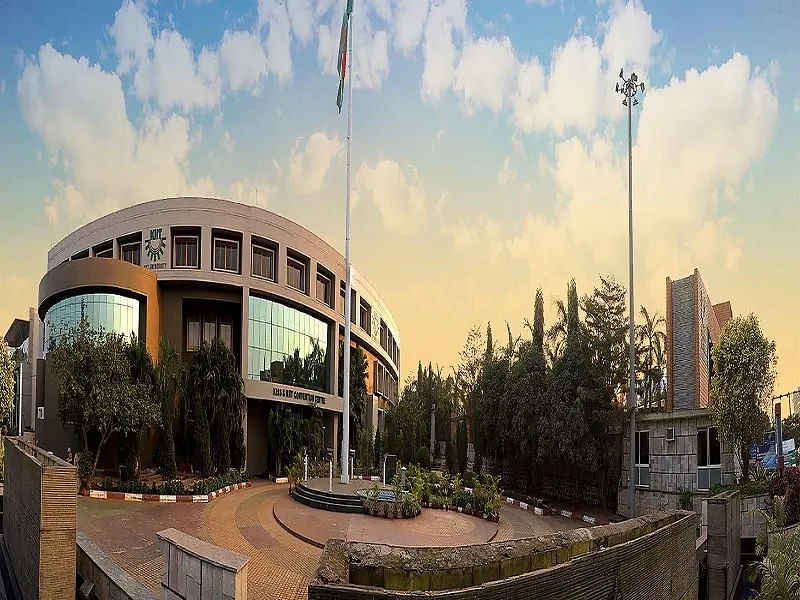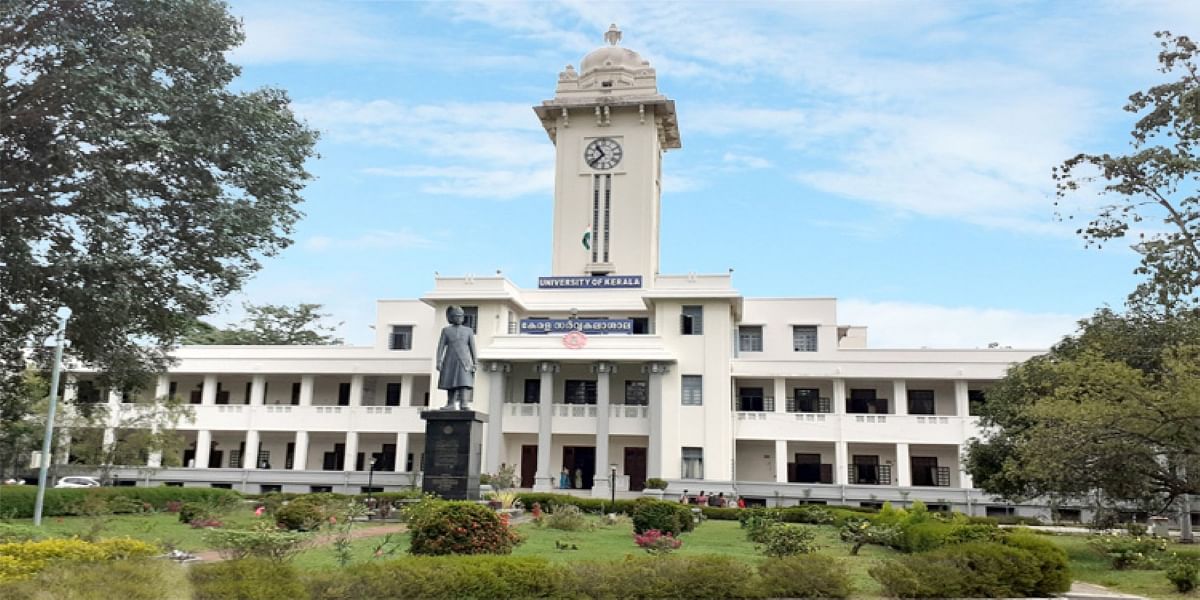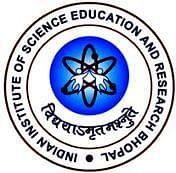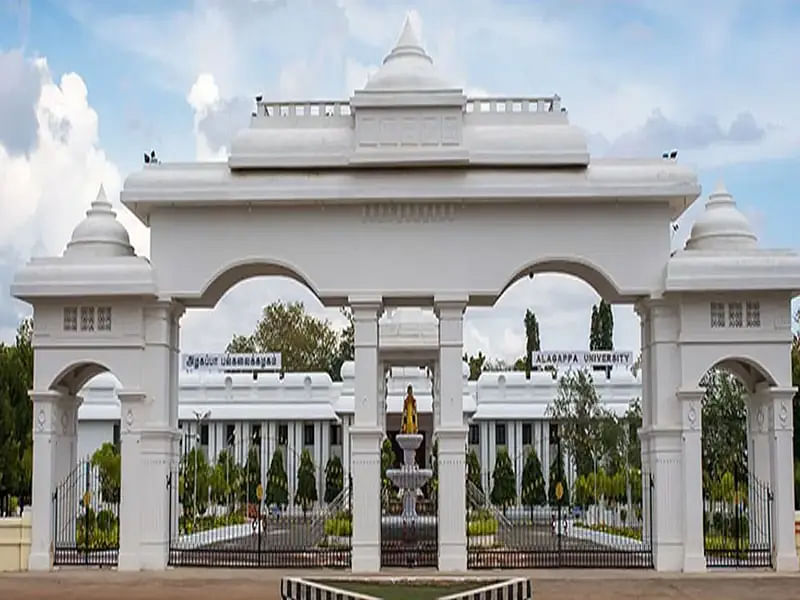B.Sc Computer Science Subjects and Syllabus
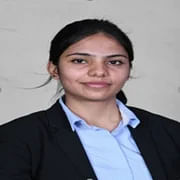
BSc Data Science subjects cover a broad spectrum, providing students with a strong foundation in data science. The BSc CS syllabus explores vital areas like statistics, programming, mathematics, and data analysis, emphasizing key tools like Python and R for data manipulation. Elective courses such as computer graphics, cloud computing, and more offer flexibility, allowing students to align their education with their specific interests and career goals.
By merging theory and practical skills in data handling and visualization, BSc Computer Science course intends to give students a thorough understanding of software development, programming languages, and computer systems. The BSc Computer Science job scope is constantly evolving with the advancements in technology and providing graduates with various range of roles like web developers, database administrators, system analysts, etc.
Table of Contents
BSc Computer Science Subjects
A variety of topics pertaining to computer science are covered in the BSc Computer Science course giving a thorough understanding of software engineering concepts, programming languages, algorithms, and computer systems. Below is the BSc Computer Science subjects list for the core and elective subjects:
Core Subjects
The core B.Sc Computer Science subjects include the following:
- Advanced Programming using Python
- Discrete Mathematics
- Computer Graphics
- C++ Programming
- Java Programming
- Database Management Systems
- Software Engineering
Lab Subjects
The BSc in Computer Science syllabus also includes practical lab subjects such as:
- Microprocessor lab
- DigitalLab
- Data structures Lab using C++
Elective Subjects
The elective BSc computer science subjects include the following:
- Computer Graphics
- Resource Management Techniques
- E-Commerce
- Cloud Computing
- Security in Information Technology
- Computer Networks
- Software Engineering and Testing
BSc Computer Science Subject Details
The following are some of the topics and information that will be covered in the BSc Computer Science syllabus. Students will be exposed to basic calculus and other areas of mathematics throughout the BSc Computer Science subjects, which will aid in the theoretical knowledge of computer science.
| Subjects | Topics Covered |
| Introduction to Windows | MS Windows, and its various elements of the Windows title bar, menu bar, maximize and close buttons, borders and corners, scroll bars, deleting unnecessary files, etc. |
| Introduction to Number systems and codes | Different number systems and their conversions (Decimal, Octal, Binary, and Hexadecimal), Coding – BCD, Gray, ASCII, etc. |
| Functions | Definition, function and prototyping, Types of Functions, Type of Arguments, Passing arrays to Functions, Storage class in C-automatic, etc. |
| Introduction to Programming Concepts | Types of Programming Languages, Classification of Software, Application Software and System Software, Structured Programming, and Flowcharts with Examples |
| Disk Operating System | Introduction to DOS Commands, Types of DOS Commands WildCard Character in DOS Directory Related Commands, Filters & Redirection, Batch file. |
Semester Wise BSc Computer Science Syllabus
The following table shows the structure of the BSc CS syllabus. Certain colleges may use a curriculum that differs slightly from the standard, but the core of the syllabus structure remains the same. The BSc CS subjects list is given below according to semesters:
BSc Computer Science First Year Syllabus
Below mentioned are the subjects of the BSc CS 1st year syllabus:
|
Semester Ⅰ |
Semester Ⅱ |
|
Introduction to Digital Electronics |
Front Office Management |
|
Basics of Computer Science |
Discrete Mathematics |
|
Environmental Sciences |
Computer Organization |
|
Foundation course in Mathematics |
Fundamental of Open Source Software-LINUX |
|
Functional English-I |
Value and Ethics |
BSc Computer Science Second Year Syllabus
Below mentioned are BSc Computer Science subjects in the 2nd year:
|
Semester III |
Semester IV |
|
Object-Oriented Programming using C++ |
Database Management Systems |
|
Operating Systems concepts |
Introduction to Computer Network |
|
Introduction to Data Structures |
Numerical Analysis |
|
System Analysis and design |
System Programming |
|
Technical Writing |
Report Writing(Yantra) |
|
Analytical Skill Development-I |
Analytical Skill Development-II |
BSc Computer Science Third Year Syllabus
Below mentioned are BSc Computer Science subjects in the 3rd year:
|
Semester V |
Semester VI |
|
Python Programming |
Introduction to Web Technology |
|
Introduction to Software Engineering |
Project Work |
|
Mobile Application Development |
- |
|
Personality Development Program |
- |
|
Minor Project-I |
- |
University Wise Syllabus for BSc Computer Science
BSc Computer Science Syllabus at Madras University
The six-semester B.Sc Computer Science program at Madras University is meant to provide students with a high level of technical abilities in problem-solving and application development. Given below is the general syllabus for the same:
| Semester I | Semester II |
| Other languages – I | languages - II |
| English - I | English - II |
| Problem-Solving using Python | Computer Organization |
| Problem-Solving using Python Lab | Computer Organization Lab |
| Mathematics I | Mathematics II |
| Soft Skill I | Basic Language |
| III Semester | IV Semester |
| Computer Network | Software Engineering |
| Operating System | Introduction to Data Science |
| Relational Database Management System | Introduction to Cloud Computing |
| Operating System Lab | CASE Tools and Testing Tools Lab |
| PL/SQL Lab | Mini Project |
| V Semester | VI Semester |
| Tamil/ Other languages | Tamil/ Other languages |
| English - III | English - IV |
| Java and Data Structures | Web technology |
| Data Structures using Java Lab | Web Technology Lab |
| Physics I / Statistics I | Physics II / Statistics II |
| Environmental Studies | Soft Skill- II |
BSc Computer Science Mumbai University Syllabus
For those interested in computer science, Mumbai University provides a three-year B.Sc Computer Science degree. Admission is, however, dependent on entrance exams. The following is Mumbai University's BSc CS syllabus.
| I Semester | II Semester |
| Computer Organization and Design | Programming with C |
| Programming with Python- I | Programming with Python– II |
| Free and Open Source Software | Linux |
| Database Systems | Data Structures |
| Discrete Mathematics | Calculus |
| Descriptive Statistics and Introduction to Probability | Statistical Methods and Testing of Hypothesis |
| Ability Enhancement Course | Green Technologies |
|
III Semester |
IV Semester |
| Theory of Computation | Physical Computing and IoT Programming |
| JAVA | Skill Enhancement: Web Programming |
| Operating System | Fundamentals of Algorithms |
| Database Management Systems | Advanced JAVA |
| Combinatorics and Graph Theory | Computer Networks |
| V Semester | VI Semester |
| Artificial Intelligence | Architecting of IoT |
| Skill Enhancement: Android Developer Fundamentals | Game Programming |
| Linux Server Administration | Wireless Sensor Networks and Mobile Communication |
| Software Testing and Quality Assurance | Cyber Forensics |
| Information and Network Security | Cloud Computing |
BSc Computer Science Syllabus Pune University
UniPune is a collegiate public state university with 43 academic departments and highly qualified faculty. The following is the syllabus for the B.Sc Computer Science course at Pune University.
| I Semester | II Semester |
| Problem-solving using Computers and C programming | Object-Oriented Concepts using C++ |
| File Organization and Fundamentals of Database | Software Engineering |
| Computer Science Practical | Data Structures Practicals and C++ Practicals |
| Data Structures using ‘C’ | Database Practicals & Mini Project using Software Engineering Techniques |
| Relational Database Management System | System Programmings |
| III Semester | IV Semester |
| Theoretical Computer Science | Data Structures and Algorithms |
| Computer Networks | Computer Networks |
| Internet Programming | Mathematics |
| Programmings in JAVA | Object-Oriented Software Engineering |
| V Semester | VI Semester |
| Constraints | Protection and Security |
| Structure of Relational Databases | Computer Environment |
| Pictorial representation of ER | Client-Server Computing |
| Operating System Services | Special Purpose Systems |
BSc Computer Science Course Structure
The curriculum for the B.Sc Computer Science is structured to cover all of the important aspects of training students for a career in the computer science and software industry. This course's curriculum is broken down into six semesters.
Some of the important delivery methods and important training offered to students include classroom lectures, industrial visits, guest lectures, internship training, and project work. The course structure is:
- VI Semesters
- Core and Elective subjects
- Internship
- Project Submission
BSc Computer Science Teaching Methodology and Techniques
Different teaching approaches are used in the B.Sc Computer Science program. Students are taught by community projects and other action-based learning approaches in addition to conventional lecture-based instruction. Some of the teaching methodologies and techniques are:
- Brainstorming
- Problem-Solving Method
- Computer-assisted learning (CAI)
- Programmed Learning
BSc Computer Science Project Topics
B.Sc Computer Science is studying theories and concepts related to computer organization, a network of computers and their types, information sharing through computers, and its protection. This course covers a range of topics evolving object-oriented programming, mobile computing, Computer language, etc.
Below mentioned are BSc Computer Science Project Topics:
- An Infrastructure that can be Customized to Improve Mobile Seamless Learning
- Evaluation of Academic Performance
- Cursor Movement on Object Motion
- Android Battery Saver System
- Symbol Recognition
BSc Computer Science Books
It is essential to have proper study material in order to have an in-depth understanding. Below mentioned are some of the reference BSc Computer Science books for students:
| Topics Covered | Name of Books | Author |
|
Database Management System |
Fundamentals of Database Systems |
Ramez Elmasri |
|
Computer Science |
Theory of Computer Science |
K. L. P. Mishra and N. Chandrasekaran |
|
Discrete Mathematics |
Mathematical Structures for Computer Science |
Judith L. Gersting |
|
Java Programming |
Data Structures with Java |
J. R Hubbard |
Top BSc Computer Science Colleges
Top Computer Entrance Exams
BSc Computer Science Fee Structure
FAQs on BSc Computer Science Syllabus and Subjects
Q: What are the trending BSc Computer Science Project Topics?
Q: What is the BSc Computer Science syllabus for 1st year?
Q: What are the BSc Computer Science elective subjects?
Q: What are the important BSc Computer Science books?
Q: Is Maths compulsory to take in a BSc Computer Science course?




